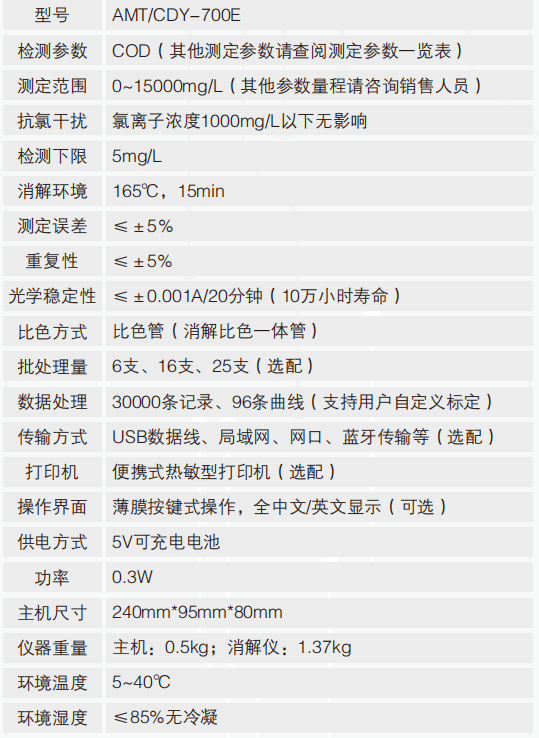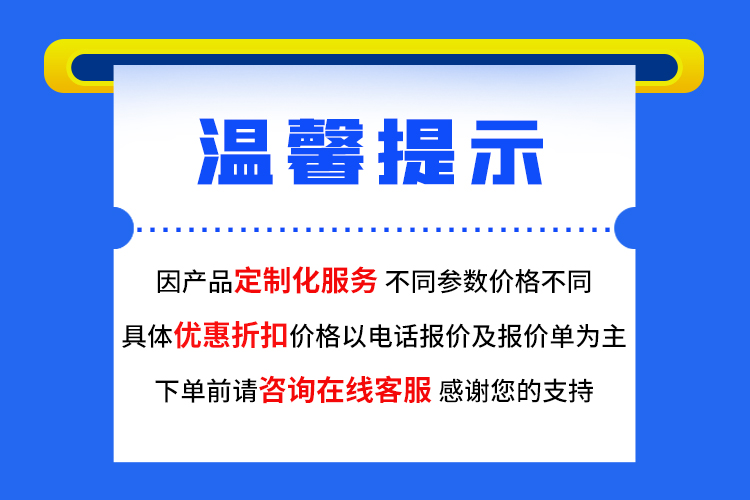The Timeless Charm of Vintage Typography: Exploring Old-School Fonts
The Golden Age of Typography

Typography, the art and technique of arranging type for visual communication, has been an integral part of human civilization since ancient times. However, it wasn't until the Industrial Revolution that typography experienced a significant transformation with the invention of moveable metal typesetting. This marked the beginning of what is known as the "Golden Age" or "Renaissance" period in typography.
The Emergence of Retro Typography

As technology continued to advance and new materials were introduced, such as linotype machines and phototypesetting systems, typographic styles evolved into various retro styles like Art Deco and Bauhaus-inspired fonts during the early 20th century. These retro fonts have become synonymous with a bygone era's aesthetic charm.
The Influence on Graphic Design

Graphic design was heavily influenced by these vintage font styles during their heyday in the mid-20th century when designers sought inspiration from historical periods such as Victorian-era England or 1920s America to create unique branding identities for companies.
Revival Movement

In recent years there has been a resurgence in interest for vintage typography among graphic designers and artists who appreciate its nostalgic appeal and distinctive aesthetic qualities that evoke memories from past decades.
Examples Of Retro Fonts In Use Today

Many modern brands have incorporated elements of retro typography into their brand identities to give them an air of sophistication or nostalgia depending on their target audience preferences.
Digital Tools For Creating Retro Text Effects And Designs
With digital tools now available that can replicate traditional printing processes like letterpress or woodcutting techniques, creating authentic-looking retro designs has never been easier for those looking to incorporate this style into their work.
Conclusion - Why Vintage Typography Remains Relevant Today
The timeless charm associated with vintage typography stems not only from its nostalgic appeal but also due to its versatility in contemporary design applications where it adds depth and emotion through evoking memories while still appearing relevant within today's fast-paced digital world.




